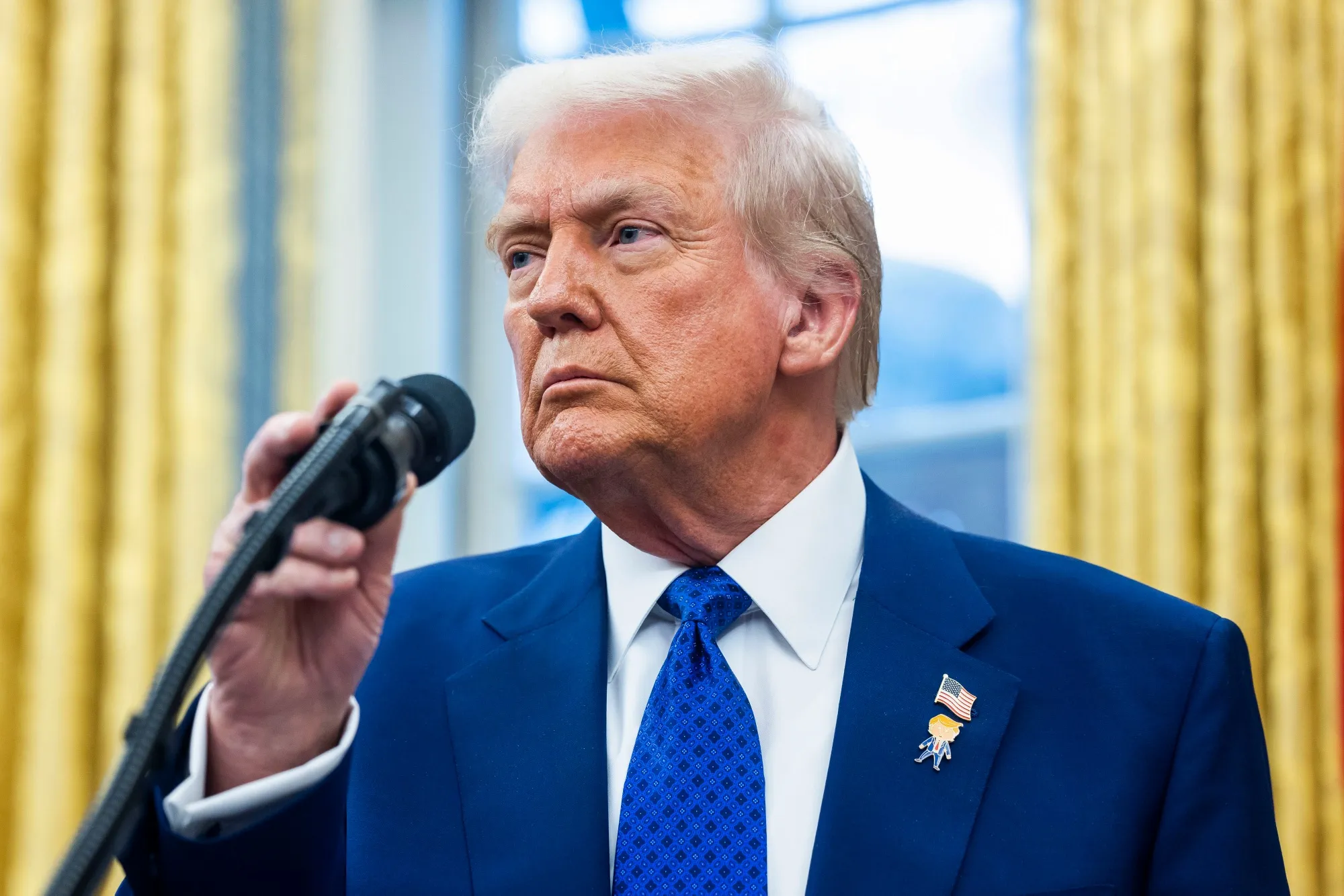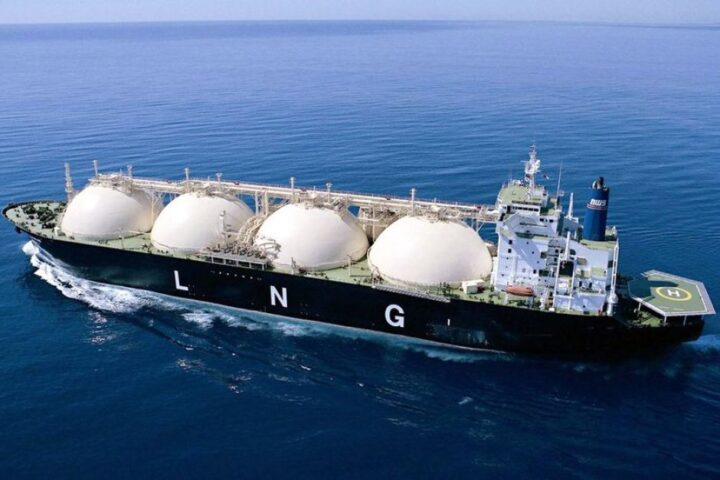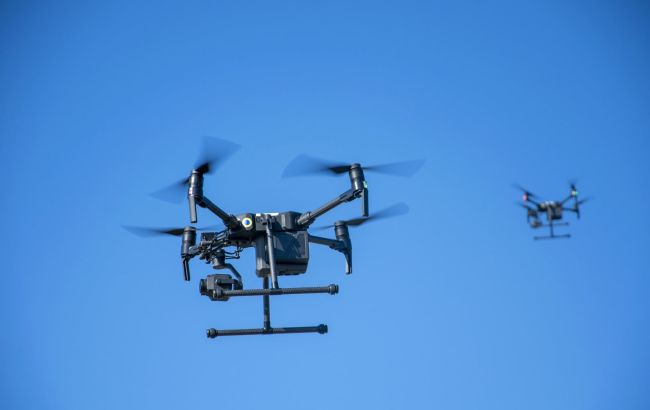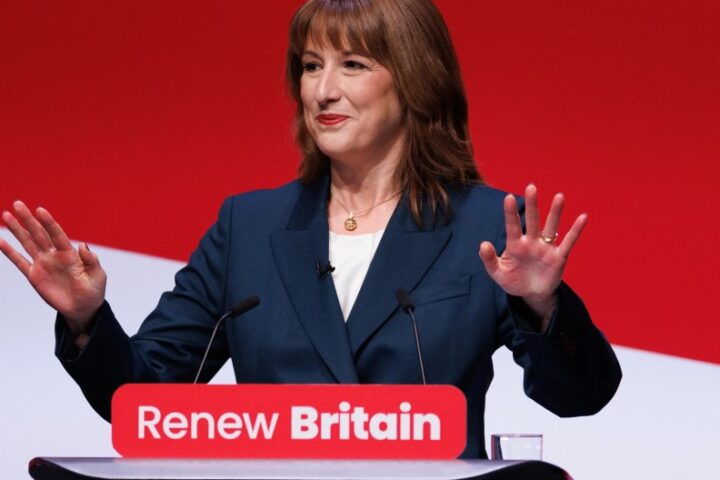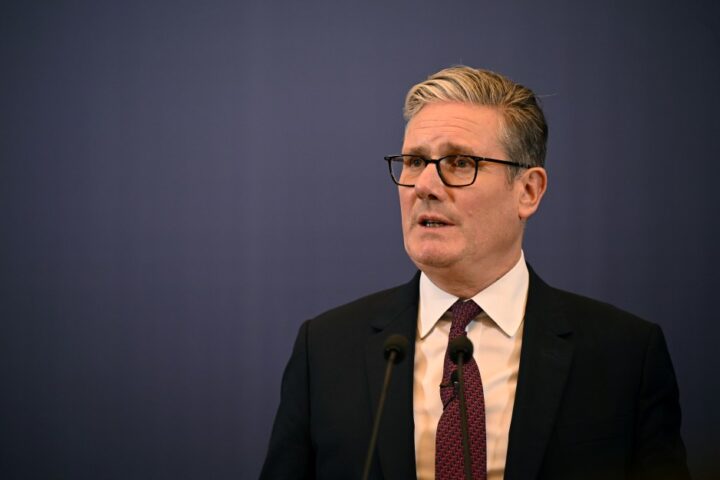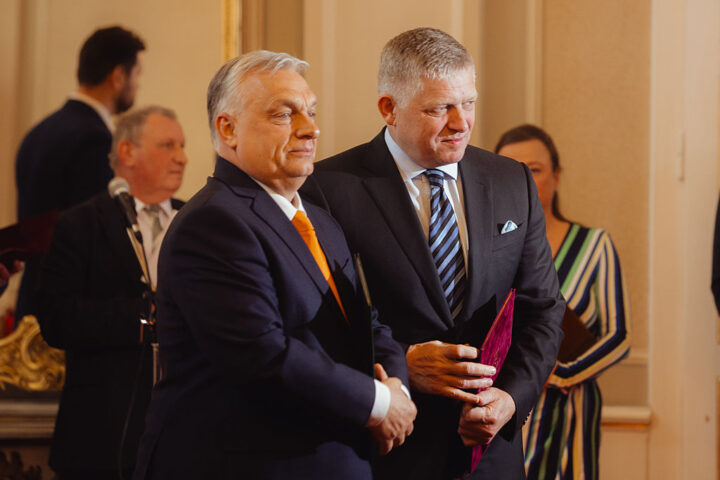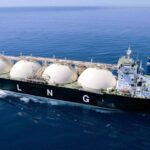The Hague, 25 June 2025 – Former U.S. President Donald Trump suggested on Tuesday that Russian President Vladimir Putin’s territorial ambitions stretch well beyond Ukraine, warning of a broader threat to European stability. Speaking at a press conference following the NATO summit in the Netherlands, Trump stated, “Russia wants to end the war in Ukraine, but Putin’s ambitions go further than just Ukraine.”
His remarks come amid growing concern across Europe that the Kremlin is preparing for a larger confrontation with NATO. The statement marked a notable shift from Trump, who has previously criticised large-scale aid to Kyiv but now appears to acknowledge the strategic threat posed by Moscow to the entire region.
NATO allies brace for escalation
Trump’s comment adds weight to the growing alarm among NATO member states bordering Russia and Belarus. Nations such as Finland, Estonia, Latvia, Lithuania, and Poland are already taking steps to reconfigure their defences. Several have announced plans to withdraw from the 1997 Ottawa Convention banning the use of anti-personnel mines — a move that would allow them to deploy defensive minefields along their eastern borders.
The anticipated withdrawals are expected to be formally submitted to the United Nations by the end of June. Officials in these countries argue that such measures are necessary to deter a potential Russian ground invasion, with the Baltic states in particular warning that their defensive posture is inadequate under the current treaty restrictions.
Intelligence points to Kremlin war preparations
Western intelligence agencies have increasingly warned that the Kremlin is positioning itself for a prolonged confrontation with NATO, not merely a war limited to Ukraine. The notion of a “historical Russia” — frequently referenced by Russian officials — encompasses not just Ukraine and Belarus, but also the Baltic states, Moldova, parts of Poland and other former Soviet-influenced regions.
Moscow’s language has shifted from justifying its war in Ukraine to questioning the post-Cold War European order. As noted by NATO Secretary General Jens Stoltenberg, “Russia is not just attacking Ukraine; it is challenging the entire security architecture that has kept Europe stable since 1991.”
Analysts and military experts argue that the Russian campaign should no longer be viewed as an isolated conflict. Instead, it reflects a systemic strategy aimed at restoring Russian influence over Eastern Europe. The war in Ukraine may represent only a first phase.
Strategic value of supporting Ukraine
Trump’s statement underscores a growing recognition, even among traditionally sceptical Western voices, that support for Ukraine is not just a moral imperative but a strategic necessity. Without sustained assistance — military, financial and diplomatic — Ukrainian resistance could falter, potentially exposing NATO countries to direct military pressure.
According to European defence officials, arming Ukraine and enforcing sanctions against Russia significantly drain the Kremlin’s military-industrial capacity. This buys time for NATO allies to rebuild capabilities and adapt to emerging threats.
“The cost of supporting Ukraine now is far lower than the cost of a wider war on NATO’s borders,” said a senior EU diplomat in Brussels, speaking on condition of anonymity.
Moreover, the war has already prompted a renewed unity within NATO and the EU, with member states ramping up defence spending, enhancing joint training, and fast-tracking interoperability.
Europe faces tough choices
Trump’s comments also implicitly challenge European leaders to act with greater urgency. His reluctance to guarantee future U.S. military involvement — a recurrent theme in his public statements — has stirred unease in European capitals. As the U.S. approaches its 2025 presidential election, the prospect of diminished American engagement in NATO affairs forces EU leaders to consider what defending Europe would look like without Washington’s full backing.
The geopolitical logic is stark: if Ukraine falls, the frontline moves west. And as even Trump now concedes, Putin’s vision does not stop at the Dnipro.
“The question is no longer whether Putin is a threat beyond Ukraine,” a NATO official said. “It’s how the West chooses to respond — decisively now, or reactively later.”
